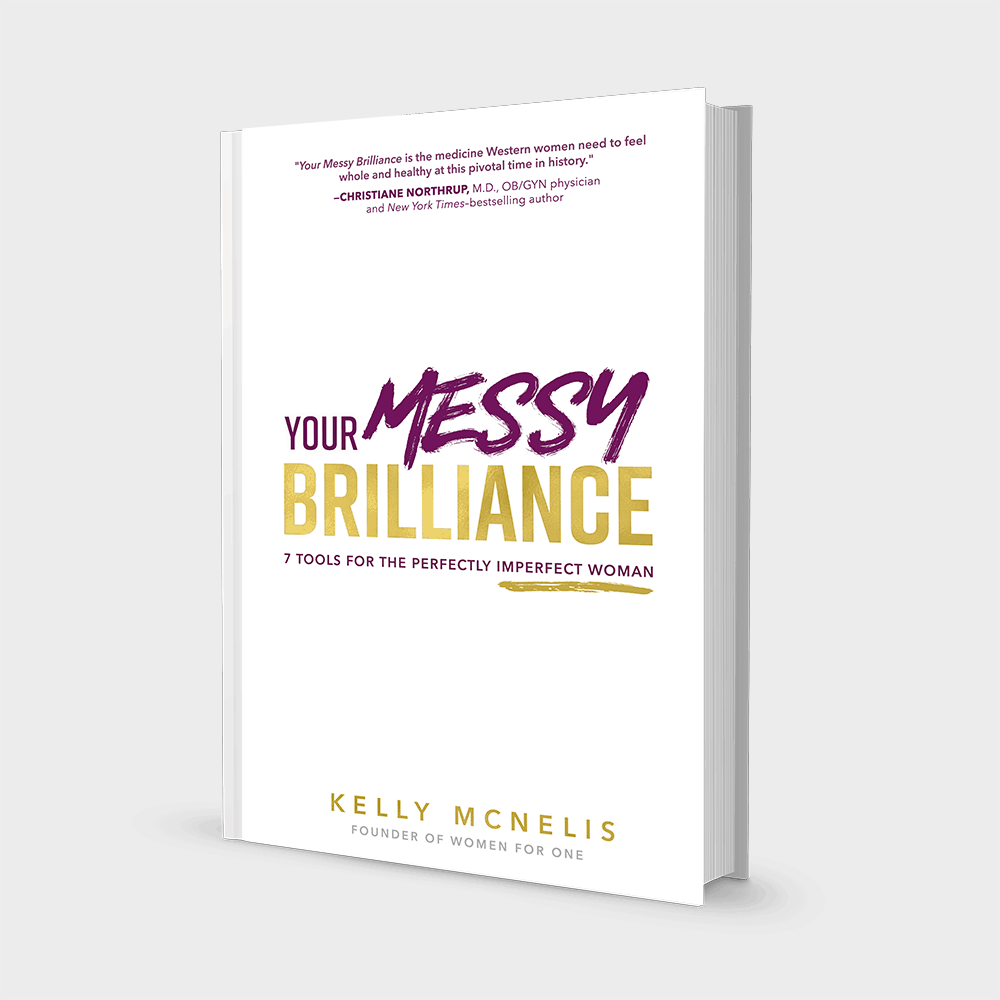
Healing Begins with You: How to Help Yourself and Others Navigate Dark Times
We are all diving into a dark night of the soul—and we are feeling its impacts on multiple levels, individually and collectively. A lot of people in my life are hurting. It probably goes without saying that this is completely understandable given the time that we are living in currently.
I’ve personally had seven friends in crisis this past month alone—extremely close loved ones who are dealing with major issues: death and bereavement, illness and uncertainty. They are facing trials and tribulations that are requiring all their strength—and it can sometimes feel devastating to witness them in their process.
In the past, I would be the kind of person who dropped everything just to be there for my friends. However, in this last year, I’ve become much more attuned to the ways my energy gets drained and depleted without my knowing it. This is not to say that I’ve erected walls around myself that mean I won’t be there for my friends…but I have become acutely aware of my tendency to over-give. And right now, meaningful and intentional boundaries are one of the most powerful forms of self-care I can think of—because the way we navigate self-care in this collective dark night is a huge path of initiation for all of us.
It hasn’t been until recently that I’ve come to understand the power of setting strong energetic boundaries. After all, I’m a born caretaker, and my tendency is to default to my old pattern of wanting to “save” others. For most of my life, it’s been a completely unconscious pattern that also happens to be associated with all of the qualities I most love about myself, including my generosity and genuine love for the people in my life. I am definitely a mama bear, and I tend to protect others and want to save them from any pain they might be encountering. It’s a very deep and visceral aspect of who I am, as caretaking is essentially how I learned to survive as a young girl dealing with a great deal of instability…and who needed to parent not just myself, but my own parents.
I’ve been working on relinquishing this caretaking tendency for years, especially with my own children. Needless to say, it’s really freaking hard. Like many other women, I still default to surrendering my entire self and giving my everything to people in my life to show them I care and I’m there for them. At times, it feels like it’s genuinely warranted, especially with loved ones in crisis.
While I may have unquestioningly abandoned other parts of my life to hold space for the loved ones in the past, I now quickly recognize how drained I can feel in the aftermath. This has nothing to do with people’s expectations of me. It’s just that my old survival pattern constantly has me leaving myself and my body, and moving past my own boundaries. Typically, even when I don’t have as much energy to give other people, I find myself showing up and hovering around them like a mother hen. But this time around, instead of just repeating that pattern, I am starting to notice it as it arises…and I am making the effort to lovingly, graciously return to myself. Awareness of my actions is truly a key component of my own healing.
Most caretakers and empaths are natural healers, but caretaking is not always an effective way of offering healing. In fact, every single one of us has probably encountered a time in our lives when someone else’s caretaking wasn’t helpful. Sure, it may have been well-intentioned, but it never feels good when someone is trying to “fix”you.” And I sure as hell know you can’t truly help someone if you’re trying to “save” them.
For people who are healers, getting caught up in the trauma of another person’s experience is a surefire way to retraumatize ourselves. Many people who have an unconscious savior complex would do well to gain a deeper awareness of the shadow side of wanting to save others. In my book Your Messy Brilliance: 7 Tools for the Perfectly Imperfect Woman, I write about common victim archetypes that surface in our lives and reveal the sneaky ways in which we get caught in self-victimization. Here’s an excerpt from my book about the Savior archetype:
The Savior: This is the person who believes that it’s their mission to “save” the world. They may be genuinely motivated by the desire to be of service, but the do-gooder tendency can also be a way to hide behind a role that keeps them from feeling powerless. They constantly project victimhood onto others and take up a thousand different causes, not from pure love, but from fear and reactivity. The tendency to hide behind a mask of righteousness is similar to that of fundamentalists who would feel utterly lost without their dogma and the certainty that they know best. These victims would rather focus on others than take a look at themselves.
Saviors often project their feelings of helplessness onto others so they never have to consider their own vulnerability and needs, which can be scary. (“What?! You mean I actually have needs…and I have to find ways to meet them?”) But when we are disconnected from our needs, we often miss actual opportunities to help people who genuinely want and need it. This is an avoidance mechanism that has far-reaching consequences—from making us feel depleted to disempowering the very people we are seeking to “save.”
It is often our moments of crisis that define who we are and what we value. Crisis can be a powerful rite of passage that helps us step into a greater sense of power and into our own humanity and resilience. And if you’re the kind of person who is constantly trying to shield others from experiences of pain and suffering, it’s more likely that you’re avoiding your own.
When we gain a deeper awareness of our boundaries (whether we have them or need to work on building stronger ones), we begin to recognize a difficult truth: Truly, as individuals, we can only save ourselves.
I believe that we can offer people resources and our nonjudgmental attention and presence—because we love them and we naturally have the desire to help ease their pain. However, it’s not our job to take other people’s emotional issues and struggles onto our own shoulders. It’s not our job to “fix” anyone.” Every single person is ultimately responsible for their own healing, and we are also responsible for discerning when it’s time to preserve our energy rather than expend it.
One of the best things we can do to offer healing and support is to hold a loving yet boundaried space for the people in our lives. When we do this, we hand them the power to find solutions that work for them—without trampling over our own needs.
When you set boundaries, you care for yourself and create a loving example for people in your life. You become better at figuring out your own needs, and letting people know what those needs are if necessary. As a result, you start to model the power of reciprocity—of caring for your physical well-being, asking for help when you need it, receiving it when it’s available, and offering the same to others. Instead of attempting to fix yourself or anyone else, you begin to learn the art of presence and compassion—which I define as the ability to hold space for both yourself and another, without feeling the need to “do” anything.
Most of us are yearning for spaces in which we can simply be. I ask that you consider that offering this kind of freedom to others is often far more valuable (and underrated) than attempting to take away their pain. And also this action may just be the most important person to whom you can offer this gift is none other than yourself.









0 comments to "Healing Begins with You: How to Help Yourself and Others Navigate Dark Times"